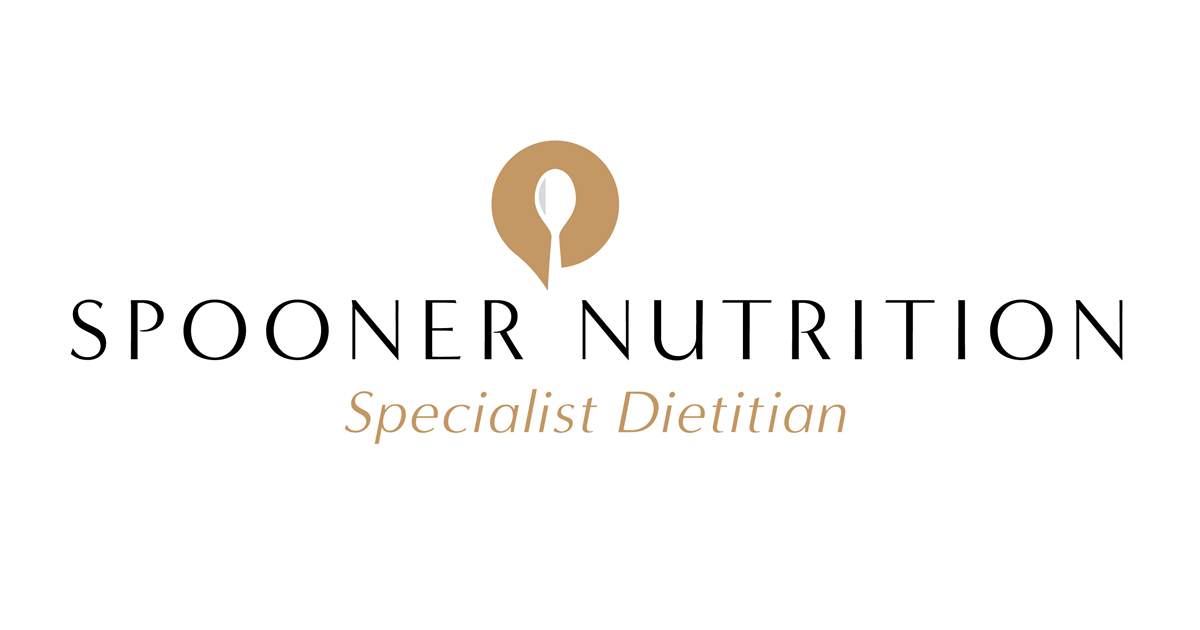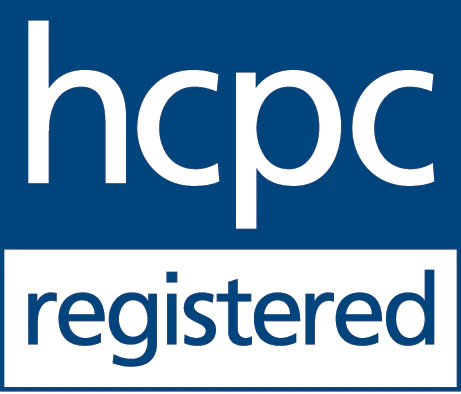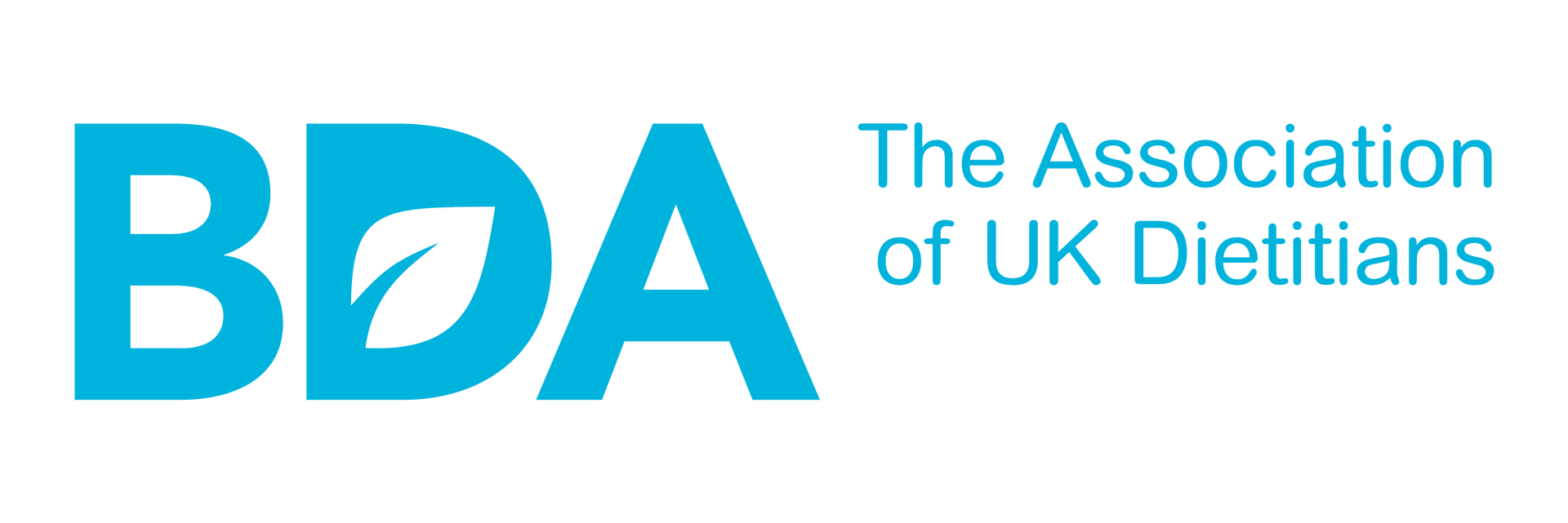Dietitian vs Nutritionist - what's the difference?

Dietitian vs. Nutritionist in the UK: What's the Difference and Who Should You Trust?
When it comes to nutrition advice, there's no shortage of opinions online. Whether you're managing a medical condition or just looking to eat healthier, it’s important to know who you’re getting your information from. In the UK, the terms “dietitian” and “nutritionist” are often used interchangeably, but they’re not necessarily the same. Here's what you need to know.

Dietitian vs. Nutritionist: Understanding the Difference
Dietitian is the only legally protected title in the UK when it comes to nutrition professionals. That means only those who are registered with the Health and Care Professions Council (HCPC) and have completed an approved degree in dietetics can call themselves a dietitian.
Nutritionist, on the other hand, is not a protected term. Anyone can technically call themselves a nutritionist, regardless of qualifications. However, Registered Nutritionists (RNutr) are regulated by the Association for Nutrition (AfN) and must meet strict educational and professional standards.
➡️
Bottom line: For safe, evidence-based nutrition advice, it’s best to consult a
Registered Dietitian (RD) or a
Registered Nutritionist (RNutr).
Why You Might See a Dietitian
Dietitians work across a wide range of settings from NHS hospitals to private clinics and even in public health or research. You might be referred to a dietitian if you:
- Have a diagnosed medical condition such as diabetes, heart disease, kidney disease, coeliac disease, IBS, or cancer
- Need support with weight management, whether its weight loss or weight gain
- Recovery following surgery or illness, needing tailored nutrition support
- Struggle with eating disorders or disordered eating
- Are pregnant or planning pregnancy and need specialist dietary guidance
- Have allergies or intolerances and need help planning a safe, balanced diet
Dietitians are trained to provide clinical nutrition advice based on the latest scientific evidence, and they often work as part of a multidisciplinary healthcare team, working alongside doctors, nurses, physiotherapists, occupational therapists and podiatrists.
Social Media Isn’t a Clinic
In a world where “wellness” is big business, it’s easy to fall into the trap of trusting influencers with large followings but little (or no) real qualifications. While some may offer helpful tips or share personal experiences, there are serious risks in taking unqualified advice, especially if you have specific health needs.
Here’s why you should think twice:
❌ No regulation: Many influencers use the term "nutritionist" without formal training.
❌ One-size-fits-all advice: What works for one person might not be safe or effective for another.
❌ Misinformation: Fad diets, detox teas, and miracle supplements are often pushed for profit, not your wellbeing.
❌
Potential harm: Poor advice can worsen health issues, especially for those with chronic conditions.
How to Check if Someone Is Qualified...
If you're seeking trustworthy advice, ask:
- Are they a Registered Dietitian? (Check the HCPC register)
- Are they a Registered Nutritionist? (Check the Association for Nutrition register)
- Do they provide evidence-based information tailored to your needs?
Remember your health deserves more than a trendy TikTok reel.
Final Thoughts
Navigating the world of nutrition can be confusing, but choosing who to trust doesn’t have to be. Dietitians are highly trained, legally regulated professionals equipped to give you safe, science-backed advice. Be wary of flashy fads and unqualified influencers.







